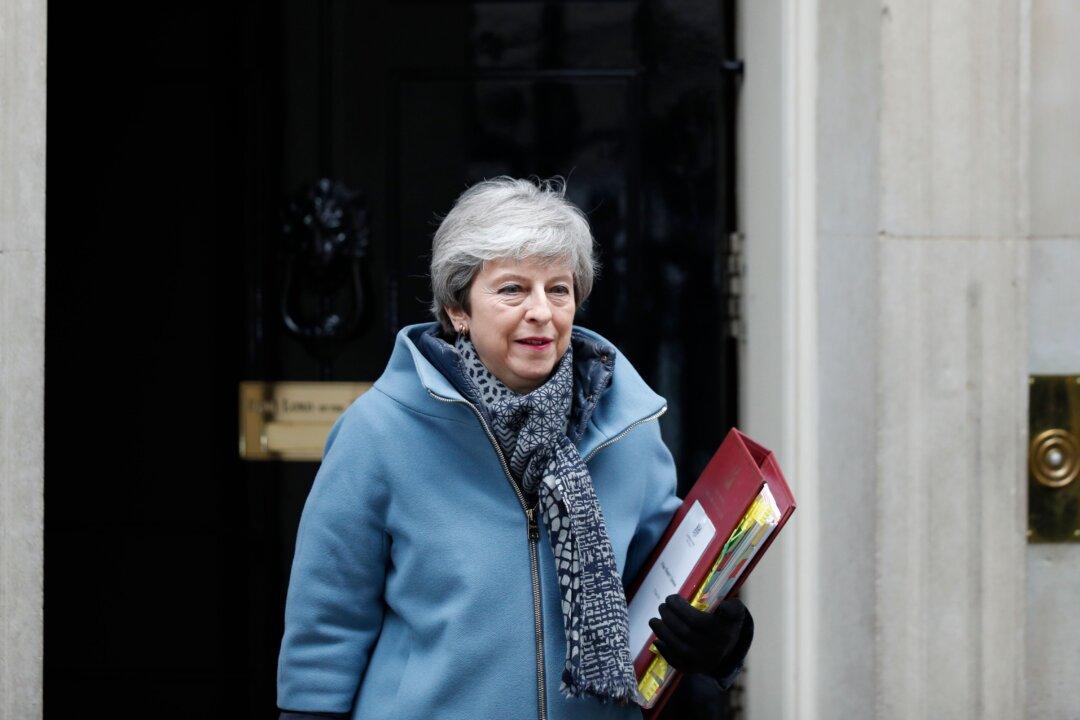LONDON—One of the men wanted for the nerve attack on a former Russian spy in the British city of Salisbury has been unmasked by investigative journalists as a decorated Russian colonel.
The man identified by British intelligence as Ruslan Boshirov—who has been charged with attempted murder along with Alexander Petrov—is actually Anatoliy Vladimirovich Chepiga, 39, according to the website Bellingcat.




